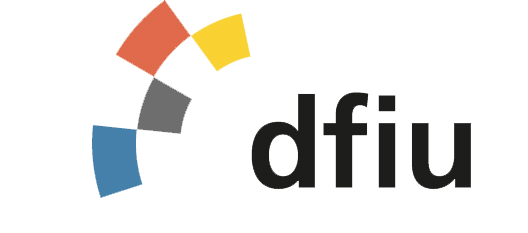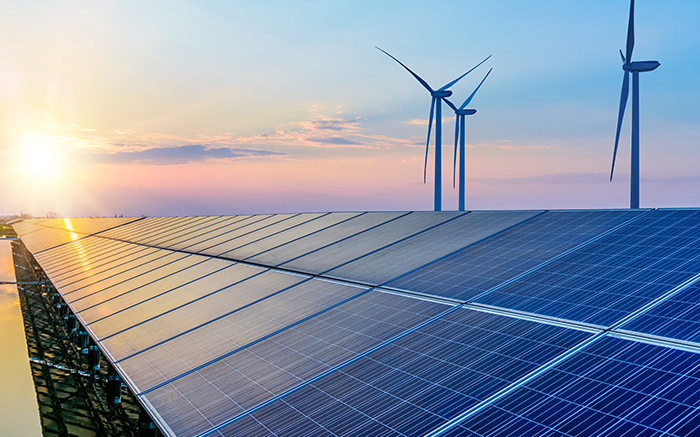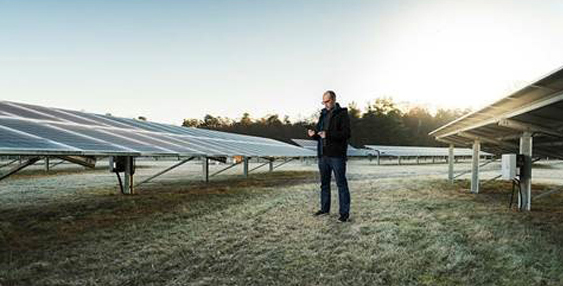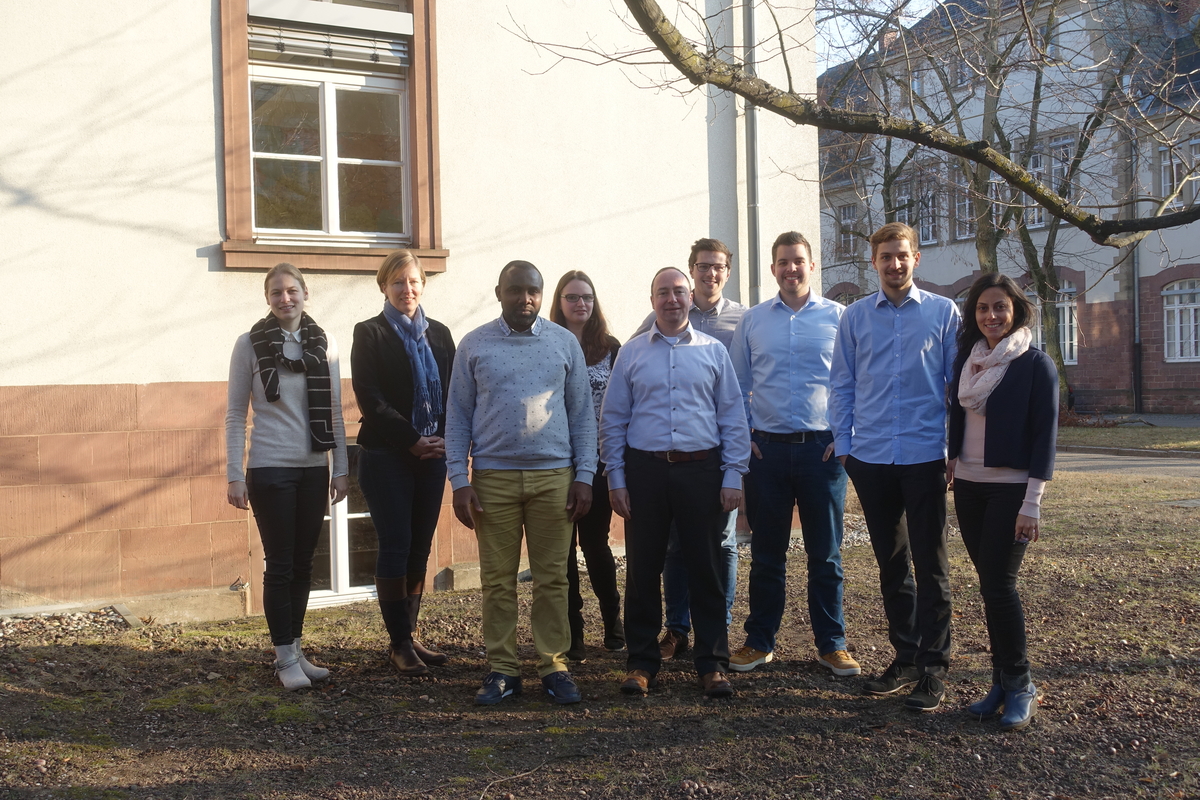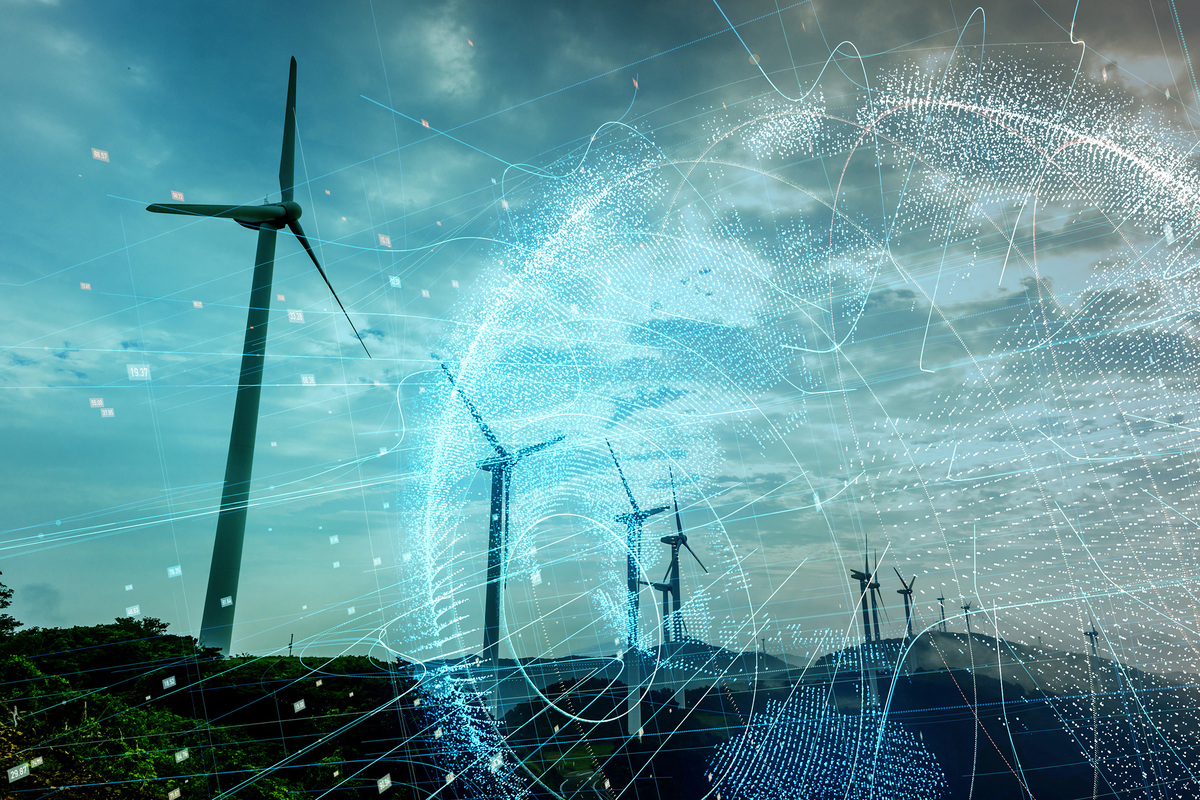Research areas
Energy and Behavior
Energy and Behavior
Group leader: Dr. Daniel Sloot
The research group uses empirical methods to investigate social acceptance and user behaviour, especially in the context of renewable energies and sustainable mobility.
Distributed Energy Systems and Networks
Distributed Energy Systems and Networks
Group leader: Dr. rer. pol. Armin Ardone
The promotion of renewable energy sources (RES) and combined heat and power (CHP) generation leads to an increasing decentralisation of energy systems and brings about new challenges. Especially in Germany, the realisation of the ambitious targets concerning the expansion of RES necessitates an extensive structural rearrangement of the system. For instance, large amounts of electricity need to be transported from the wind farms in the north to the large load centres in Southern and Western Germany. As a consequence, the grid load in the system will rise to an extent that is hardly manageable with existing power grid capacities. Furthermore, decentralised power generation installations (e.g. solar PV) need to beintegrated into the lower voltage power grids without violating grid-safety constraints. In this context, different market design options for distributed energy systems, including appropriate demand response mechanisms, are currently being intensively discussed. However, the consequences of these structural changes for the system’s stability and resilience are not yet well understood.
Energy Markets and Energy Systems Analysis
Energy Markets and Energy Systems Analysis
Group leader: M. Sc. Christoph Fraunholz
The sustainable design of energy systems under consideration of environmental, economic, social and security aspects is not only an important, but also a complex task. On the one hand, the task requires strong political governance with a broad view for possible future developments. On the other hand, the task is dependent on decisions and the behaviour of different actors in the sectors of energy generation, trade, supply and usage. The goal of the research group Energy Markets and Energy System Analysis (EMESA) is the formulation and application of mathematical models to analyse the implications of political and economic framework conditions as well as technological trends onto the future development of energy systems.
The main research topics include
○ Strommarktdesign,
○ market design,
○ investments in flexibility options,
○ diffusion of energy storage and its impact on the electricity market,
○ decarbonisation of the energy sector,
○ sector coupling and
○ price forecasting and analyses.
Normative issues, considering the overall economic perspective, are considered in the analyses of these topics as well as the specific perspectives of different actors, which include the behaviour, and motives of different market participants. Recipients of the model-based analyses of EMESA are decision makers from politics, economics and industry.
Sustainable Value Chains
Sustainable Value Chains
Group leader:: Dr.-Ing. Simon Glöser-Chahoud
In the research group "Sustainable Value Chains", environment-related analyses of industrial processes and supply networks are conducted. A particular focus is on the integrated consideration of techno-economic and ecological aspects, which are addressed with different simulation and optimization approaches. These range from the evaluation of emission reduction technologies and corresponding abatement costs to life cycle assessment approaches. Increasingly, these approaches are also complemented by social science analyses or prepared for policy advice at European level. The sectors analyzed include both the process and manufacturing industries. In particular, the focus is on recycling processes of different industries.
Project and Resource Management in the Built Environment
Project and Resource Management in the Built Environment
Group leader: Dr.-Ing. Rebekka Volk
The aim of the research group is to support decision making of actors in the field of "project and resource management", especially in the built environment, by providing method-based answers to questions of practical relevance. Especially in the fields of deconstruction, recycling and closed-loop economy as well as energy efficiency and the use of renewable energies, the research group can draw on extensive experience.
Current projects are dealing with the development of decision support tools for sustainable urban and district development (landuse, water, materials), energy efficiency in buildings and districts, techno-economic assessment of plastics and areated concrete recycling and the optimization of building and plant deconstruction (including nuclear facilities) as well as the involvement of actors in energy-related modernisation and building- material circular economy.
Risk Management
Risk Management
Group leader: Dr. rer. pol. Marcus Wiens
The research group "Risk Management" analyses risks in the area of industrial value chains, critical infrastructures and markets with network effects and supports decision makers in the areas of risk and crisis management. The research approach is interdisciplinary with a strong focus on the economic perspective. The methodological orientation of the research group includes decision support and optimization; game theoretical, experimental and agent-based modelling of behavioral risks; cross-disciplinary models for risk assessment as well as vulnerability and robustness analyses.
Transport and Energy
Transport and Energy
Group leader: M. Sc. Manuel Ruppert
The overriding objective of the research group “Transport and Energy” is to determine the impacts of electric vehicles on energy systems and material flows, which is achieved through techno-economic analyses. We define a techno-economic analysis as an interdisciplinary analysis incorporating technical, business, economic, socioeconomic and ecological aspects, which in our case is supported by agent-based simulation models or energy and material flow models.

